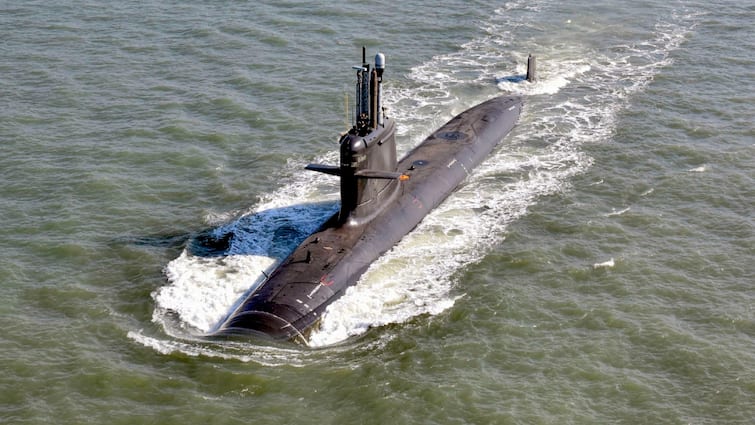A Controversial Deployment: The Military’s Role in Domestic Protests
In an extraordinary and controversial move, the U.S. military is temporarily deploying around 700 Marines to Los Angeles. This decision aims to support efforts to quell ongoing protests provoked by President Donald Trump’s aggressive immigration enforcement policies. The deployment represents a rare instance of military personnel being used domestically, amplifying tensions and igniting debate across the nation.
Rising Tensions Between Government and Protestors
Protests erupted following the President’s activation of the National Guard, intensifying the already fraught relationship between federal authorities and California officials. The demonstrations, which have been persistent for several days, saw hundreds of protesters gathering outside a federal detention center in downtown Los Angeles, where numerous immigrants are being held. As the situation escalated, the Los Angeles Police Department (LAPD) and National Guard established barricades to manage the crowd, deploying “less lethal” munitions like tear gas to disperse demonstrators. Authorities justified this action by citing instances of protesters throwing objects at officers, claiming that such measures were necessary for crowd control.
Legal Challenges and State Sovereignty
In a dramatic response, California has filed a lawsuit against the Trump administration, challenging the legality of deploying federal troops in this context. State officials argue that this move infringes upon California’s sovereignty and counters the principles of local governance. While the National Guard’s deployment is not unusual during emergencies, the direct involvement of military forces in civilian policing is a topic rife with controversy. Critics argue that such actions could undermine the delicate balance between state and federal powers, raising serious constitutional questions.
The Insurrection Act and Its Implications
The Pentagon has stopped short of invoking the Insurrection Act, which would allow military troops to participate directly in law enforcement actions. This law, controversial in itself, was famously used during the 1992 Los Angeles riots following the Rodney King verdict. By not invoking this act, the current administration appears to tread cautiously, signaling an awareness of the historical weight and implications of deploying military personnel in civilian matters.
As protests continue to ripple across the nation, President Trump responded by doubling the National Guard deployment to 4,000 troops. He even backed calls from his immigration czar to consider the arrest of California Governor Gavin Newsom for allegedly obstructing immigration enforcement. Such statements have only added fuel to the fire, with critics condemning what they perceive as an unprecedented overreach of executive power.
Voices from the Ground: Demands from Protesters
Amidst the chaos, protesters are uniting under a common cause: the demand for the release of detained immigrants, while condemning what they view as militarized tactics employed against civilians. Voices from the crowd reflect a broad concern for civil liberties and human rights, with individuals like Marzita Cerrato, a 42-year-old first-generation immigrant, stating, “This affects every American who values freedom.” This sentiment highlights the deep-seated fears regarding the erosion of rights in the face of heavy-handed government action.
The protests have also resulted in numerous arrests, some minor injuries among both officers and demonstrators, and instances of property damage, including the destruction of Waymo self-driving cars. These events have not been isolated to Los Angeles alone; demonstrations have erupted in at least nine other cities, including major urban centers like New York, Philadelphia, and San Francisco.
Legal Context and Presidential Authority
Federal law permits the presidential deployment of troops under extreme conditions, such as invasion or insurrection, or when local authorities are incapable of enforcing federal law. However, legal experts and state officials argue that the current situation does not meet these criteria. This ongoing legal battle raises essential questions about the scope of presidential authority in domestic affairs and the extent to which the federal government can intervene in state-level issues.
As these events unfold, the implications are vast and complicated, with each development carrying potential consequences for civil liberties, state-federal relations, and the ongoing discourse surrounding immigration reform in the United States. The situation remains tense, with communities and leaders anxiously monitoring the actions of both the military and the protesters demanding change.


